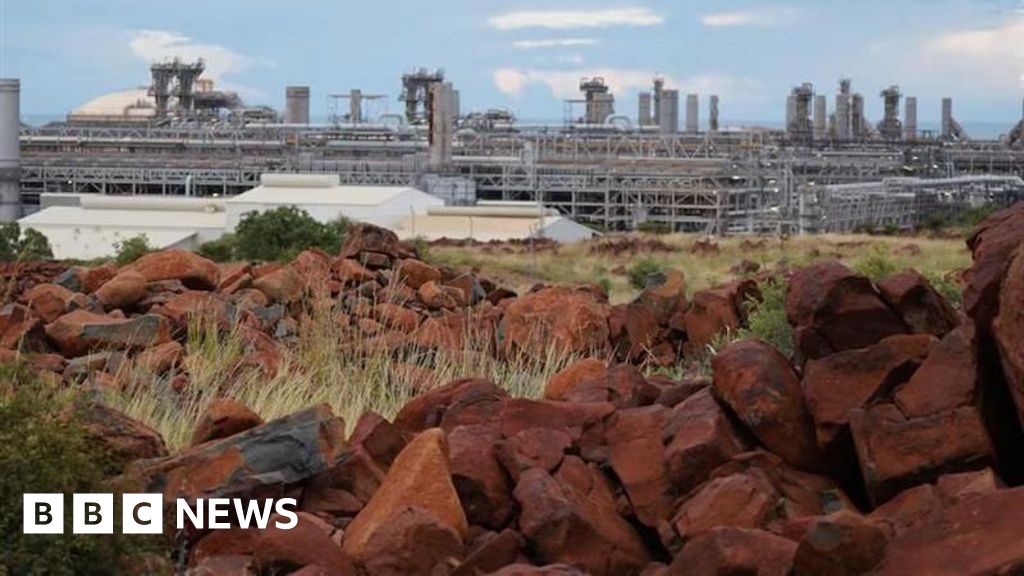
The lifetime of one of Australia’s largest fossil fuel projects, the North West Shelf, has officially been extended by four decades to 2070. This decision comes just days before the federal government is expected to announce its emissions reduction targets for 2035, sparking a heated debate about Australia’s commitment to climate goals.
Australia, known as one of the world’s biggest polluters per capita, has pledged to reduce emissions by 43% by 2030. However, the extension of this major gas project has drawn criticism from environmental groups and political opponents, who argue that it undermines global efforts to combat climate change. Despite this, Environment Minister Murray Watt has defended the decision, citing the implementation of dozens of new “strict conditions” aimed at mitigating environmental impacts.
Environmental Conditions and Indigenous Protections
Under the new terms, Woodside Energy, the company operating the North West Shelf, is required to reduce certain gas emissions from the project by 2030 and achieve net zero emissions by 2050. Additionally, there are new safeguards to protect the ancient Indigenous rock art in Western Australia’s Pilbara region, a site of significant cultural heritage.
Woodside Energy’s Chief Operating Officer, Liz Westcott, expressed support for the extension, emphasizing the company’s role in providing “reliable energy as it has for more than 40 years.” The project, which includes a processing and export plant at Karratha, is located near the 60,000-year-old World Heritage-listed Murujuga rock art.
“In making this decision, I have imposed 48 strict conditions that will avoid and mitigate significant impacts to the Murujuga rock art,” Environment Minister Murray Watt stated.
These conditions aim to ensure the project does not cause “unacceptable impacts” to the heritage site, including restrictions on air emissions that could otherwise accelerate damage. There is also a legal requirement for the industry to consult with Indigenous communities on how to protect the area, complemented by a “robust” monitoring system to ensure compliance with emissions limits.
Reactions and Criticisms
The announcement has been met with mixed reactions. Peter Hicks, chair of the Murujuga Aboriginal Corporation, welcomed the extra protections, acknowledging the area’s great significance to Indigenous people.
“This extraordinary landscape has been managed and cared for by our ancestors for more than 50,000 years and is a sacred, spiritual and deeply storied place,” Hicks remarked.
Conversely, climate groups such as the Australian Conservation Foundation have labeled the project a “carbon bomb” that threatens global efforts to curb rising temperatures. Larissa Waters, leader of the Australian Greens, described the extension as a “betrayal and disastrous decision for the future of the planet.”
Australia’s Climate Policy at a Crossroads
This development follows years of Australia grappling with successive natural disasters, including bushfires and floods, which climate experts warn could become more frequent and severe unless substantial emission reductions are achieved. Prime Minister Anthony Albanese, who took office in 2022, campaigned on promises of greater climate action. However, his Labor government has faced criticism for its continued support of coal and gas projects, raising questions about the nation’s true commitment to environmental sustainability.
The extension of the North West Shelf project represents a significant moment in Australia’s energy policy, one that will likely influence the country’s environmental strategies and international standing in the years to come. As the federal government prepares to unveil its emissions reduction targets for 2035, the debate over fossil fuels and renewable energy is expected to intensify, shaping the future of Australia’s approach to climate change.







